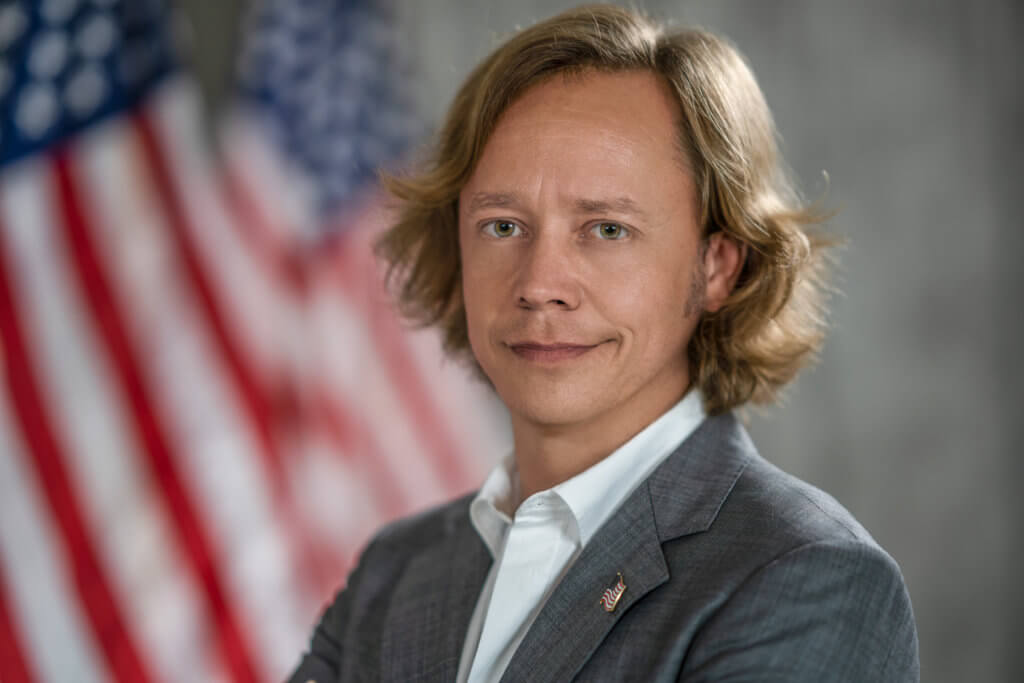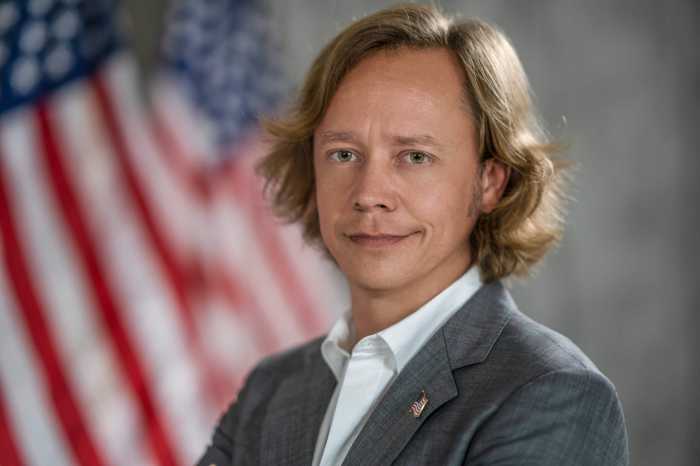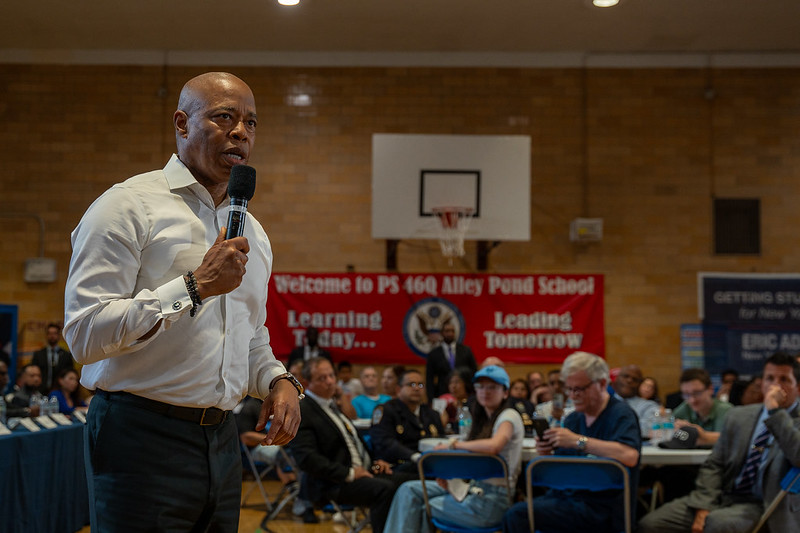By Brock Pierce
Especially as Americans, we often seem to misunderstand wealth. Perhaps it’s because of how big and blessed our land is. Perhaps it’s because so many of us and our ancestors immigrated to America to live more prosperous lives. Perhaps it’s because the United States of America has had the world’s largest national economy for over a century now and we’re used to seeing our country as the land of opportunity. Whatever the reason may be, the misunderstanding of wealth gets in the way of both attaining it and maintaining it.
Wealth is simply having an abundance of what we value. If what you most deeply value is love, clean air in the sky, clean water in a stream, the beauty of nature, or any other blessing in life, there is no number in your bank account that will make you feel wealthy without it. This is because money is only as useful as what you can exchange it for. Without the ability to exchange money for what we value, money is nothing more than a bunch of numbers.
So, how can we attain wealth? How can we attain an abundance of what we value?
It turns out that there are really only two ways to attain wealth. We can either extract it, by taking wealth that already exists and repurposing it, or we can create it, by creating an abundance of what we value from things that we consider less valuable. Of course, there are other things we can do with wealth. For instance, we can deplete wealth, by reducing the abundance of what we value. We can also experience the wealth available to us without attaining it.
As Americans, we seem to have gotten into the habit of valuing money and what we can buy with it more highly than what we can’t buy with it. As a result, we’ve often confused wealth with having an abundance of money. We’ve often pretended that increasing the amount of money changing hands in our economy, our “gross domestic product”, is somehow an indicator of wealth.
Our fixations on consumer spending, the size of the economy, the performance of financial markets, and other indicators of monetary exchange reveal how much attention we’ve given to money and how little attention we’ve given to real wealth. After all, money is nothing more than a shared agreement that human beings have created. It doesn’t exist in Nature — and is entirely artificial.
By focusing on attaining an abundance of money instead of attaining real wealth, we ignore the differences between extracting wealth, creating wealth, and depleting wealth. After all, you can make money from all three. When our government took land from America’s indigenous peoples and sold that land to settlers, our government made money by extracting wealth. When American slavers took labor from African slaves and used that labor to operate plantations, they also made money by extracting wealth. It turns out that, since wealth is having an abundance of what we value, wealth always depends on who “we” are.
In comparison, when American farmers sell fruit from the trees and bushes they plant and tend, they make money by creating wealth from their labor in cooperation with the water, sun, and soil. When American companies sell the microprocessors they manufacture, they make money by creating wealth from the processing of minerals and metals into useful devices. When American workers create an abundance of products, services, systems, and environments that are more valuable than their labor, they are creating wealth.
Whether by creating or extracting, attaining wealth isn’t the only way to make money; you can also make money by depleting wealth. Since price is determined by the balance of supply with demand, decreasing the abundance of the supply of something without a decrease in demand causes its price to go up. So, if you are selling something in short supply but in high demand, you can make money by depleting wealth. For example, if you have a supply of lumber and are able to reduce the amount of lumber available from other sources, you can make money by depleting its abundance to drive up the price. If you own residential real estate in an area with high demand and reduce the housing supply by limiting new construction, you can make money by depleting the relative abundance of housing.
So, if you’re interested in attaining real wealth, I have a proposition for you. Instead of attaining an abundance of money or attaining wealth by any means, let’s change our beliefs. Instead of focusing on making money, let’s create wealth rather than extract it. Instead of focusing on saving money, let’s increase wealth rather than deplete it. Let’s acknowledge that much of what we truly value cannot be bought or sold. Let’s accept that an abundance of what we value does not come from controlling but rather from creating.
When we choose to create wealth rather than extract it or deplete it, we know that we are creating abundance rather than scarcity. Since we can always create more wealth, we can afford to be generous in sharing it. With the technologies and resources available to us, there is no reason for poverty to exist in America. In fact, poverty in America only exists because of our misguided beliefs that money is more important than wealth and that “we” somehow doesn’t include all of us. So, let’s change those beliefs. Let’s create real wealth for all Americans.







































